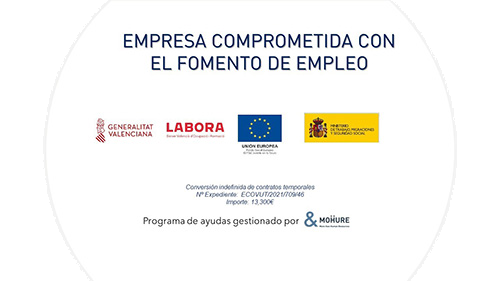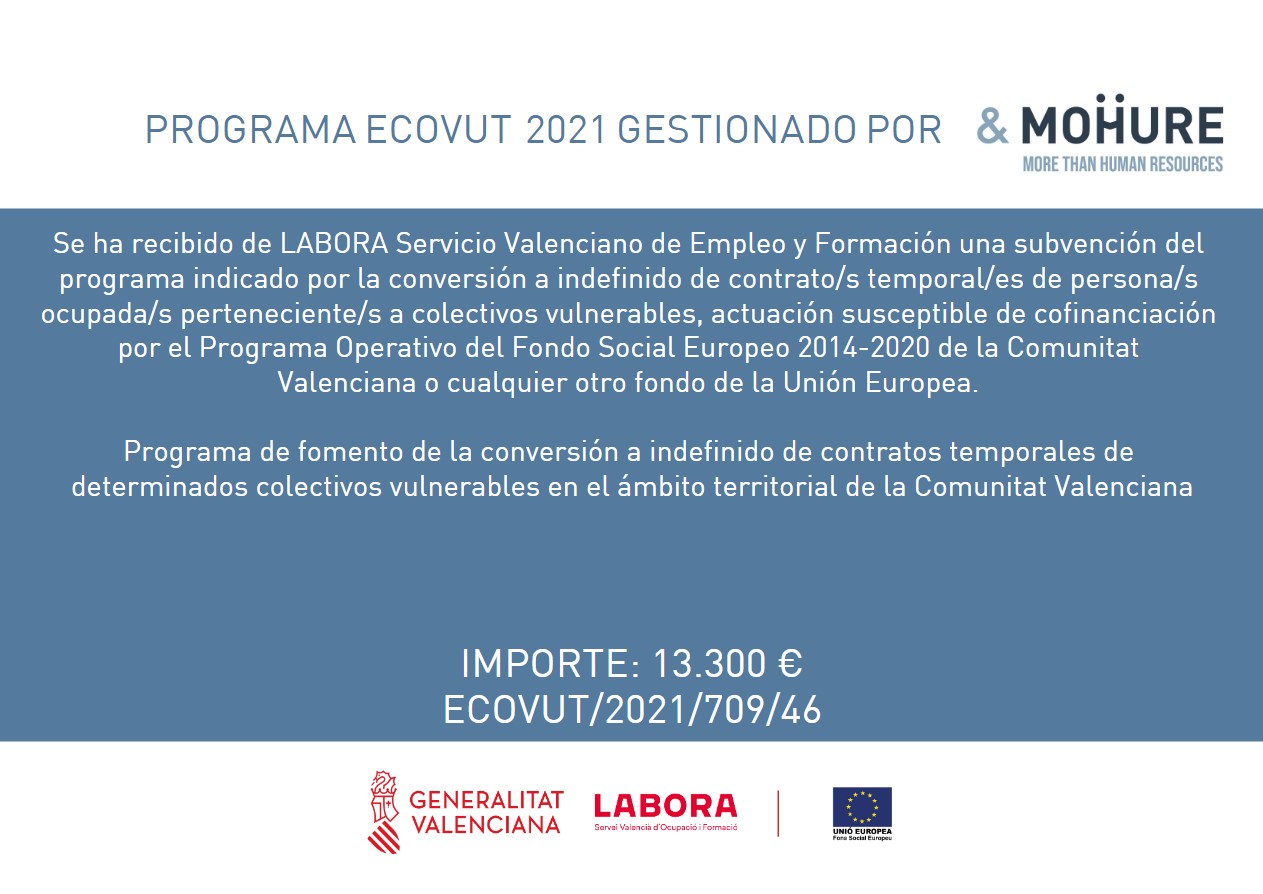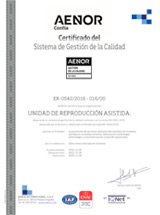Advantages
- There is no ovarian stimulation
- There is no risk of ovarian hyper-stimulation
- Easier monitoring
- Less cost than the conventional IVF

The in vitro maturation (IVM) is the procedure where the immature eggs are cultivated in our embryology laboratory until they are mature enough to be fertilised. This process is carried out in special cases and it’s a solution for women who cannot receive an ovarian stimulation needed to naturally mature several eggs in a cycle.
This technique requires great precision as we are dealing with tiny follicles. The procedure consists of a needle aspiration of the immature follicles with no previous ovarian stimulation (or a minimum amount) which will be cultivated in the laboratory until they are mature enough to be in contact with the spermatozoa as is done in the traditional in vitro fertilisation.
The IVM is an alternative for patients with polycystic ovaries as the hormone therapy can cause hyper-stimulation which may lead to develop other diseases. This procedure is also used in young women who have to undergo a cancer treatment.
Not enough number of births have been yet registered to get conclusive data on pregnancy rates with in vitro maturatio.



